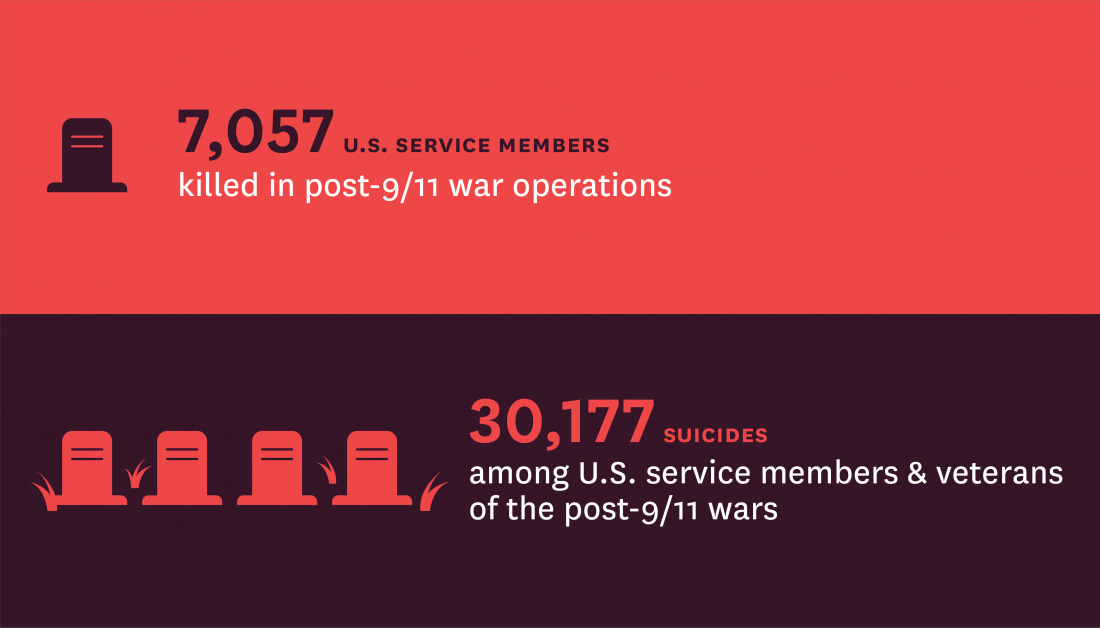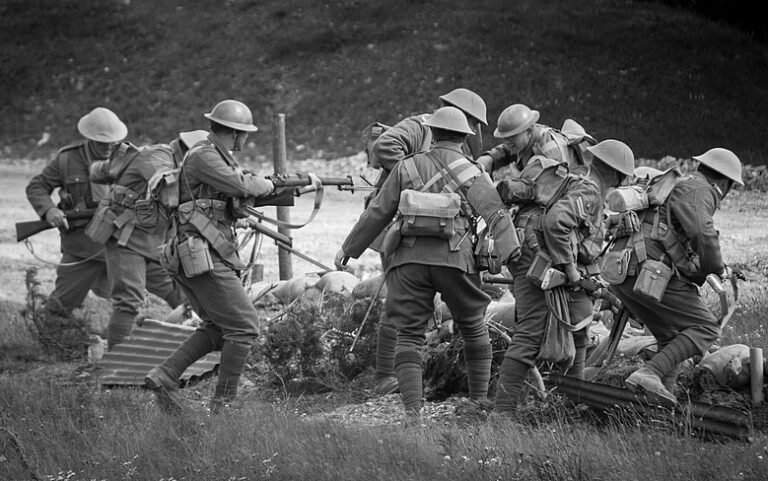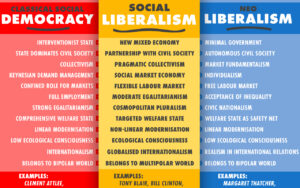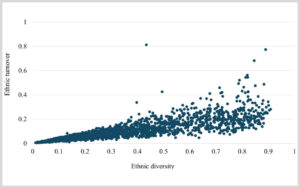A mother’s perspective, by Vivian P
As a mother of sons, the thought of them going off to fight in a foreign war is something I grapple with deeply. My heart aches at the mere idea of their lives being put in jeopardy, and my fears are compounded by the experiences of countless families who have endured the pain of America’s numerous post-1945 foreign wars and military adventures.
I am resolute in my desire to keep them away from the battlefield and my concern only increases as Israel, Hamas, Hezbollah, and Iran stare each other down in their escalating regional conflict.
Both presidential candidates have been consistently inconsistent in their statements on the topic. Trump recently called for Israel to ‘finish up’ the conflict in Gaza while Kamala Harris is busy insisting she will continue to send weapons to the Jewish state after rumors circulated that she would be open to an embargo. Their positions have flipped and flopped numerous times, but I worry that if Iran and Hezbollah were to invade Israel it would be American troops put in harm’s way.
The Human (and White) Cost of War
First and foremost, the human cost of war is staggering. It’s not just the loss of lives—though that is significant—but the lasting impact on those who survive. According to the Department of Defense, some 56,653 US servicemen (and 3,539 servicewomen) have died in post-1980 foreign wars and operations. 77% of the servicemen killed in these conflicts and operations have been White (and 63.7% of the females killed have been White). This represents a massive over-representation of Whites as we compose just 54% of the current American population when not counting Arab, Turkish, Jewish, or other Middle Eastern Americans as White.
War inflicts wounds that are not always visible: psychological scars, emotional trauma, and a lifetime of physical ailments. In Vietnam, the death of single and unmarried men outnumbered their married counterparts 2-to-1 but in modern foreign conflicts, more than 40% of troops killed leave children behind, a staggering increase.
Beyond perishing on the battlefield or in an ambush more than 30,177 US servicemen have taken their own lives after returning home from foreign conflicts, abandoning yet more women and children.

My sons are bright, talented individuals with dreams and aspirations. The prospect of them returning home as mere shadows of themselves—physically or emotionally broken—is something I cannot bear to imagine. I sympathize greatly with those families who have already endured this hardship, and I don’t wish to join them.
The Lessons of History
American women standing firmly against foreign war and adventurism is not a new or novel development either.
On the eve of World War One Women formed numerous organizations such as the Women’s Peace Party, the National Women’s Party, and various suffrage group alliances to oppose US entry into the war. Jane Addams, who was also a pioneer in social work, and civil society, met with President Wilson more than six times in an attempt to avoid war. Similarly the first woman in Congress, Jeannette Rankin (Republican, Montana), voted against entry into World War One.
Only a few decades later it was up to women such as Cathrine Curtis and others to take up the cause against foreign war. Between 1939 and 1941 numerous women founded the National Legion of Mothers of America, an organization that claimed millions of members by 1941 and actively campaigned to keep the country out of Europe’s latest spate of conflicts. Jeannette Rankin, now in her second term in Congress, would be the only member of either house to vote against entry into the Second World War.
When confronted by another member of Congress who begged her to change her vote Rankin said:
“As a woman I can’t go to war,”
“and I refuse to send anyone else.”
Progressive leader, and friend to both Roosevelt presidents, William Allen White, defended Rankin’s bravery in writing, saying:
Probably a hundred men in Congress would have liked to do what she did. Not one of them had the courage to do it. The Gazette entirely disagrees with the wisdom of her position. But Lord, it was a brave thing! And its bravery someway discounted its folly. When, in a hundred years from now, courage, sheer courage based upon moral indignation is celebrated in this country, the name of Jeannette Rankin, who stood firm in folly for her faith, will be written in monumental bronze– not for what she did but for the way she did it.
The women’s movement against war continued beyond the global conflicts of the two world wars. The Women Strike for Peace (WSP) organization, whose motto was “Bring All Our Men Home”, is credited with pushing President Kennedy into signing the nuclear test-bam treaty with the Soviet Union and its marches, numbering more than 50,000 women in over 60 US cities, are credited by some scholars as turning concerned mothers from passive actors to active fighters for peace and caution.
I may not agree with every action of these women (I certainly think it was right to retaliate against Japan for Pearl Harbor) but I admire their strength and would like to see modern American women stand up, explicitly, as wives and mothers to protest any involvement in the numerous escalating conflicts in Europe and the Middle East.
Standing with the Rest of America
White Papers has already covered, in some detail, the opposition that Americans have to US involvement in the conflict in the Middle East.
According to one PEW poll 36% of Americans want to provide Israel with military aid while 35% oppose the provision of aid for Israel and 29% have no strong position.
A Global Affairs-Ipsos survey found that 32% of Americans believe Israel has gone too far in the conflict while just 27% find Israeli actions to be justified. The same poll found that 40% of Americans want to either restrict military aid to Israel, exert diplomatic pressure on the nation to resolve the conflict, or both.
The polling cited in the earlier article also showed that Whites, especially younger Whites, are the most opposed to providing aid to Israel.
My one divergence from this piece would be to say that I do not support supplying Palestine with endless amounts of aid. There are international organizations in place that are capable of providing aid (if the US stops blocking it). These organizations should be left to do that work, but American resources are desperately needed on the domestic front.
The Alternative Paths to Peace or Disengagement
It may sound slightly liberal of me but we do indeed live in a world where diplomacy, dialogue, and collaboration should be the primary tools for resolving conflicts. The United States has endless influence and pressure it could bring to bear against Israel in forcing it to cease its operations in Gaza. Similarly, American and NATO realism about what is going on in Ukraine could bring that conflict to a much swifter end and save hundreds of thousands of (mostly White and male) lives.
Using diplomatic, economic, and political pressure to force conflicts to a more timely end is not the only option, though. Only 20% of Americans even desire a large part in the peacemaking process when it comes to Israel and Palestine and it is not incumbent upon us to support any kind of involvement. If the choice is between possible war and total disengagement I think that most women, mothers or not, would choose to disengage from Middle Eastern politics altogether.
Personal Responsibility and The Election
As a mother, I also feel a personal responsibility to advocate for the well-being of my children and to a great degree my nation. This means voicing my concerns and standing up against decisions that might endanger their lives. For this reason, I cannot voice my explicit support for either presidential candidate, though I do expect that Kamala Harris will be significantly more war-prone than Donald Trump. Harris, like Hillary Clinton before her, will feel some kind of pressure to prove her ‘strength as a woman’ and will want to make ‘hard decisions’ to prove this strength. These hard decisions will inevitably include US servicemen being sent into harm’s way and more than likely to their deaths.
This is already happening in fact. Kamala Harris’s husband, Dough Emhoff, is already going around talking about how ‘tough’ his wife is. Other news outlets are praising her toughness when it comes to crime and her ability to make those ‘tough decisions’ that most people attribute to men.
Then there is former President Trump. Trump has attacked President Biden for a supposed plan for the Biden administration to attach conditionality to some aid packages for Israel. Trump went on to claim that Biden wants to stop all aid to Israel and that Biden is supposed surrounded by fascists who are delaying aid to the Jewish state. These claims are not only ridiculous and untrue (Biden never planned to attach conditions to aid and he certainly isn’t surrounded by fascists) but they make me nervous because it suggest that Trump will want to one-up Biden. Does showing up Biden include sending US troops to Israel? It just might.
Conclusion
The women of this country, whether they be wives, mothers, or single career women looking to promote social and economic stability, should stand up and stand together as women against the country’s ever-increasing spiral of involvement in foreign conflict.
I want to see my sons grow into family men and I don’t want my daughters to face widowhood or single motherhood because Kamala Harris or Donald Trump feel that now is the time for a war with Iran, Russia, Hezbollah, China, or some other yet unknown adversary.
Bring All of Our Men Home
This article originally appeared on White-Papers and is republished by The Noticer with permission. Follow the White Papers Policy Institute on Telegram here.























